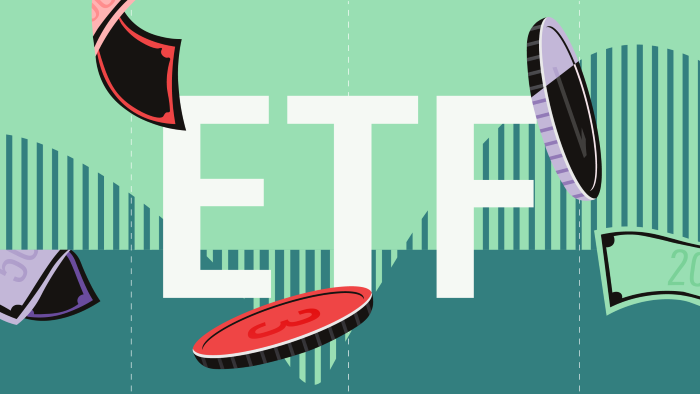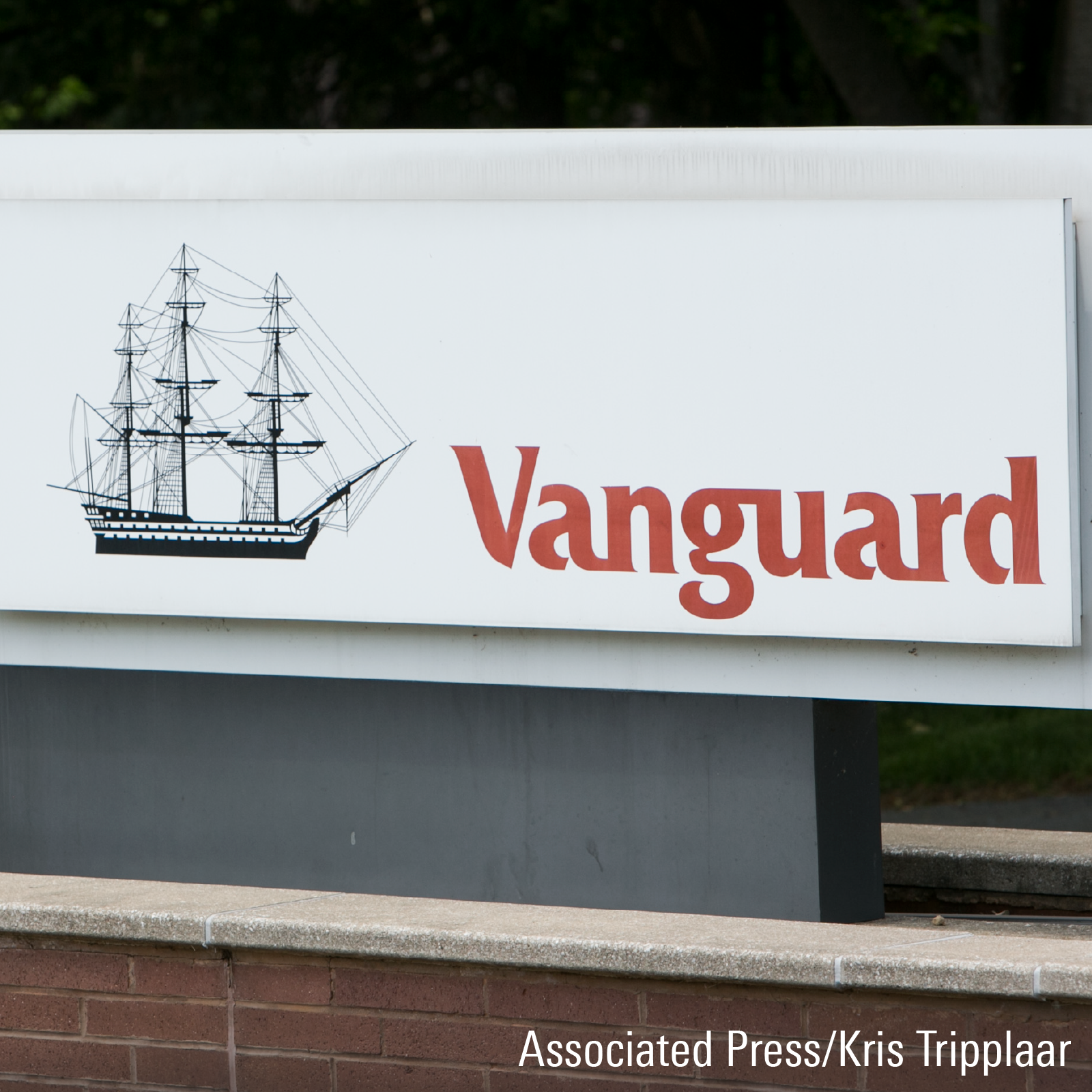Ruth Saldanha: ARK Investment Management's ETFs have had a volatile few weeks. The fund suite which is popular with retail investors has seen wild swings in performance and now ARK is once again in the spotlight for Canadian investors as BMO has launched a series of ARK funds.
Now, this isn't the first Canadian fund company to do this. Emerge has a suite of ARK ETFs as well, most of which earn Morningstar Quantitative Rating of Neutral. In fact, in the U.S. our analyst team rates ARK's flagship product, the ARK Innovation ETF (ARKK) as negative. So, what should you make of this new suite of BMO products and indeed the underlying ARK strategy?
Morningstar Canada's Director of Manager Research, Danielle LeClair is here to tell us. Danielle, thank you so much for being here today.
Danielle LeClair: Thanks for having me, Ruth.
Saldanha: Let's start with the basic. The ARK Innovation ETF is rated negative, why is that?
LeClair: When we look at our pillar rating process, there is really one theme that trickled through – entirely through those analyses. And that theme is risk management or effectively the lack of risk management in this case. So, looking at our people pillar process, the team itself is basically one person. We've seen a lot of turnover among the analysts. They don't actually have a risk management team at all, which is a huge risk in our view.
From a process perspective, if you don't have a risk management team, you don't really have a risk management process, and that exposes the fund to some personal biases and some risks when it comes down to one person's instincts. We would really look for a developed risk management process as being a pillar that we would need for a Gold rated or a stronger-rated strategy. So, when you're looking at the actual results of this, as you sort of mentioned in the U.S., five of the six ETFs are actually the worst performing or among the worst performing within their peer group over the last three years.
Then, lastly, within the Parent Pillar rating, looking at the firm in and of itself, all of the strategies they do rely on one theme. They look at one type of company. And so there really is a lot of concentration there. So, really that risk management on a firm level isn't even there. And if you bring that down to the – again they're not having a risk management team, a lot of the key risk personnel that we have ultimately that resulted in a negative rating. We do see a lot of carelessness approach to risk management, which has hurt investors in the past, and could actually hurt investors on a go forward basis as well.
Saldanha: The way the Canadians have been exposed to these ETFs so far through this Emerge suite of products that has been around for a couple of years now, how do these Emerge Canadian funds compare to their U.S. counterparts?
LeClair: Sure. So, if you take a step back, there are according to ARK's website nine different strategies that they offer globally in either an ETF or mutual fund structure. In Canada, we have access to six of those. As you mentioned, Emerge was the first that issued those products in the ETF wrapper. And they did that in 2019, with the first five and then another in 2021. So, those strategies are effectively the same as what we see in the U.S. They might have one or two stocks that are different, but essentially the same thing.
What BMO has now done is launched the three largest of those ARK strategies in a mutual fund product structure, as well as in ETF. So, there is some differentiation there with those mutual fund products, but otherwise they generally seem to be the same.
Saldanha: How do the fees compare?
LeClair: So, it's a little bit early to tell on the BMO strategy, we still don't have a grasp on the management expense ratio or the total fees or total costs that investors will be paying. But what we did notice is that the BMO funds do have about 5 basis points discount on the management fee relative to the Emerge strategies, so they could have a price advantage there.
Saldanha: Taking a step back from the BMO product or any kind of specific products, how should investors in general look at thematic investing and in thematic funds like ARK?
LeClair: Great question. We've definitely seen a lot of growth in thematic investing. 2022 Global Thematic Report did identify 589 new thematic strategies, that's almost double the previous year. So, that was 2021 relative to previous. And so, we definitely see investors interested there.
However, these are really – they are risky strategies, there's no way around that. Investors in those strategies can be exposed to higher volatility, something like illiquidity issues. You know a lot of these strategies invest in emerging technologies. So, ultimately that does exist there. Now, they do have potential for higher return. So, for an investor to think about this as a smaller or satellite position within their portfolio is probably the best way to go.
Saldanha: Great. Thank you so much for joining us today, Danielle.
LeClair: Thanks for having me.
Saldanha: For Morningstar, I'm Ruth Saldanha.





















